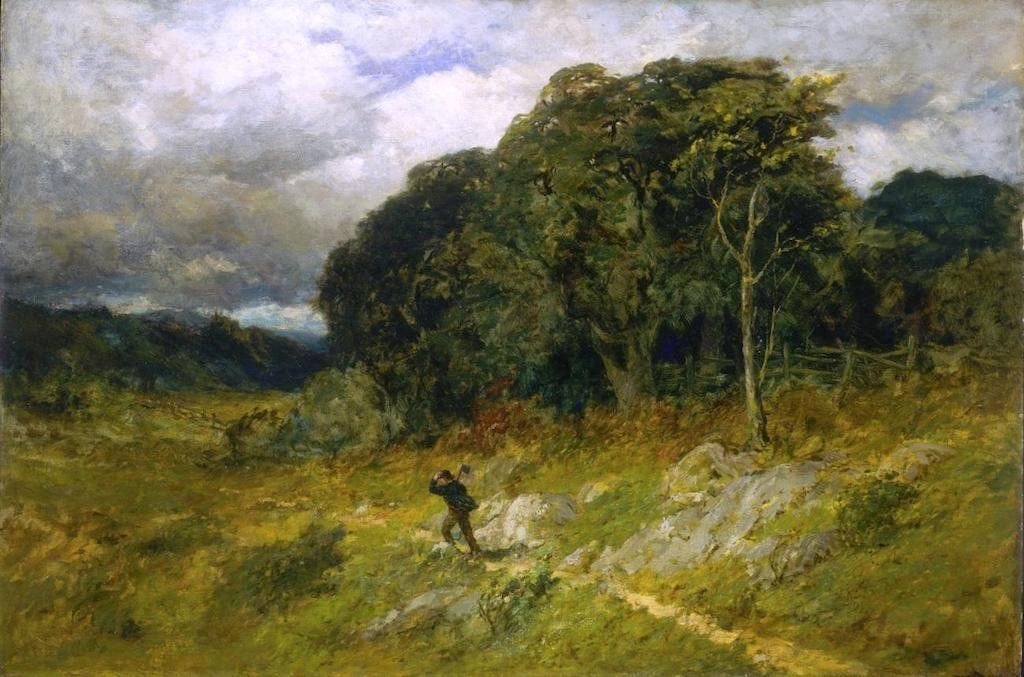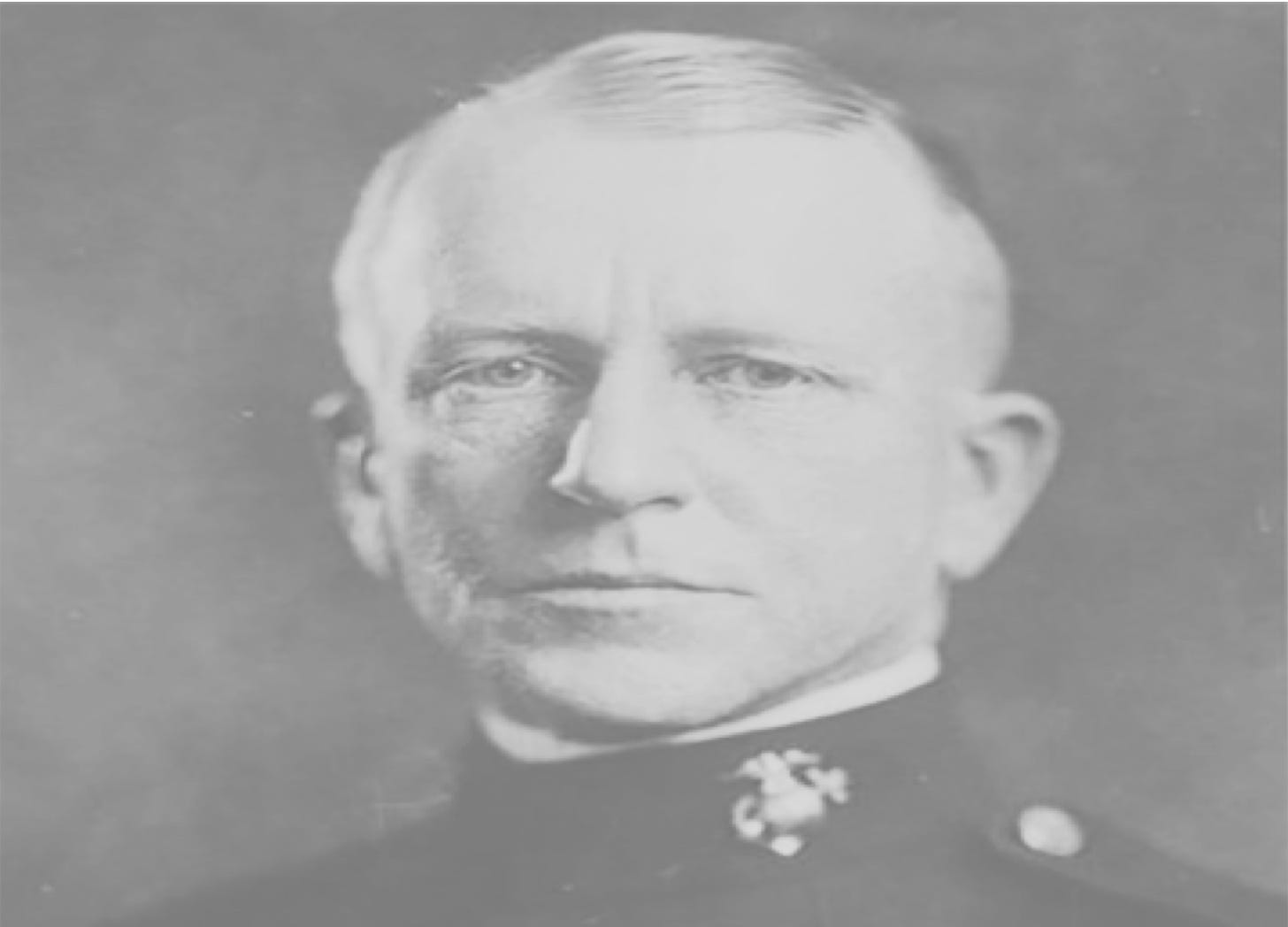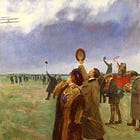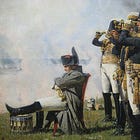Getting Ready for the Next Big Change
How to build the right habits of mind
“As our problems are as unique as they are unexpected, their solutions cannot be inelastically anticipated.”
James Carson Breckinridge
We stand on the edge of an age, not merely of great change, but of change of an unusually dynamic type. The revolutions of the past were invariably followed by periods of retrenchment, eras that were long enough to allow us to adapt our thinking, methods, and organizations to new realities in a slow, superficially standardized, and seemingly systematic manner The upheavals of tomorrow, wrought by the proliferation of intelligent, interconnected, self-modifying machines, however, will offer few such plateaus. Instead, we will find ourselves faced with an endless parade of novelties, each more perplexing than the one that came before.
If we are to thrive in the face of this cascade of chaos and complexity, we will have to possess a peculiar combination of abilities. In particular, we will have to be able to make sense of new situations, devise solutions to the new problems that arise from those situations, and cooperate with a many different people in order to refine, revise, and implement a wide variety of custom-tailored solutions. In many respects, these are the same abilities that have long been associated with success in both expeditionary and maneuver warfare. However, the collection of conundra that we will soon be called upon to resolve will be much more multifarious than the set of problems faced by their predecessors. What is even more troublesome, the game-changing challenges of the near future will arise with blinding rapidity. Thus, we will have to engage a wider range of dilemmas, and, moreover, do so quickly.
The best way to prepare ourselves for the impending multiplication of multifaceted predicaments is to get lots of practice in resolving, quandaries of the sort that we will encounter. That is, if we want to get good at dealing with fast-changing, unprecedented, and surprising situations, we should give ourselves the experience of working through \many such dilemmas. Thus, at the very least we will become habitual problem-solvers who are familiar with rapid change, comfortable with the absence of precedent, and well-acquainted with novelty, discontinuity, and ambiguous information. Better yet, having designed, described, and defended reasonable responses to a myriad of problems, some of us will discover a talent for turning such circumstances into opportunities.
Nearly a century ago, by James Carson Breckinridge, who was then serving as commandant of Marine Corps Schools, proposed that Marines make use of this approach to learning. In 1929, in an article published in the Marine Corps Gazette, Colonel Breckenridge argued that the definitive task of a Marine officer was the design of specific solutions for the many particular problems that would necessarily arise in the course of active service. As these problems were “as unique as they were unexpected,” he wrote, their solutions could not be “inelastically anticipated.” From this axiom, he reasoned that that the chief activity of students in military schools should be “the discussion and dissection of special episodes,” in order to produce a plan that was “singularly appropriate for its purpose.”
The “special episodes” to which Breckinridge referred seem to have been what we would now call “decision games.” These are exercises in which the facilitator asks students take on the role of a particular person dealing with a particular problem set in a specific situation. After providing information about the person, the problem, and the setting, the facilitator picks a student to propose a concrete course of action. “What,” he asks, addressing the student as if he were the protagonist of the problem, “are your orders?” This serves as the starting point for focused discussion and purposeful dissection, a cycle of analysis and synthesis that fosters the simultaneous development of both the ability to make sense of new situations and a bias for action.
For Further Reading:
To Study, Share, or Subscribe:










